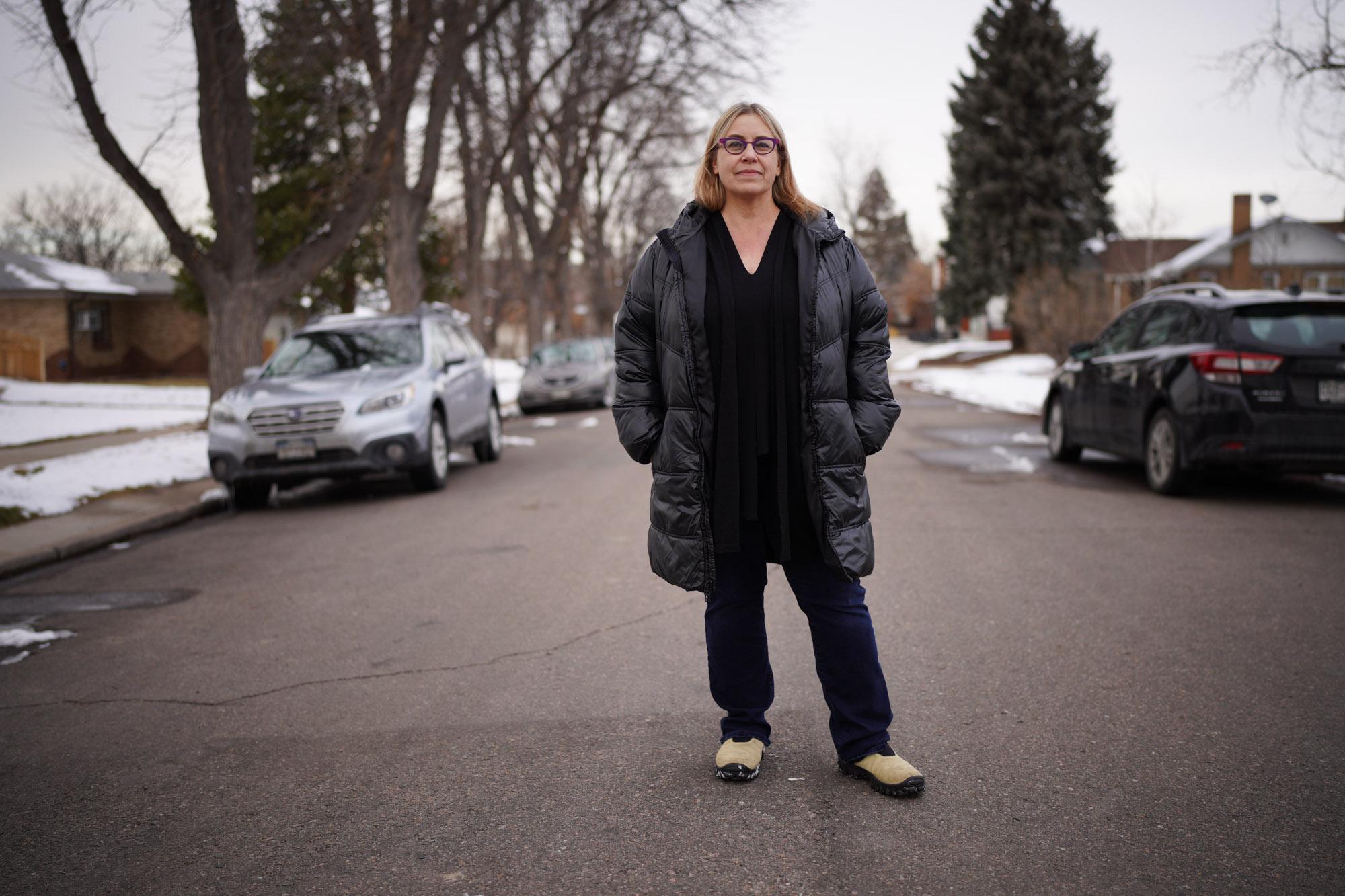
Rising crime | The politics | What the data says
When Nora Burns walked out of her Denver home last June to run some errands before a post-vaccine celebration with friends, she couldn’t find her car.
“I thought, oh I must have parked in my second spot,” she said. “And I went to my second spot and nothing.”
She walked up and down her quiet, dead-end street in a University of Denver neighborhood and clicked her key fob in hopes of hearing the Hyundai Santa Fe beep. It had been stolen, and she was left in disbelief.
“I don't have fancy cars,” Burns said. “And so for part of me, I was like, ‘why would you choose this car?’ … I’ve since discovered they're very easy to steal.”
Burns was among the 36,777 people in Colorado last year who were victims of auto theft.
Between 2019 and 2021, the number of cars stolen in Colorado went up 86 percent — one of the steepest increases in the country, according to the FBI.
It’s not just auto theft: In Colorado, crime is rising in almost every category.
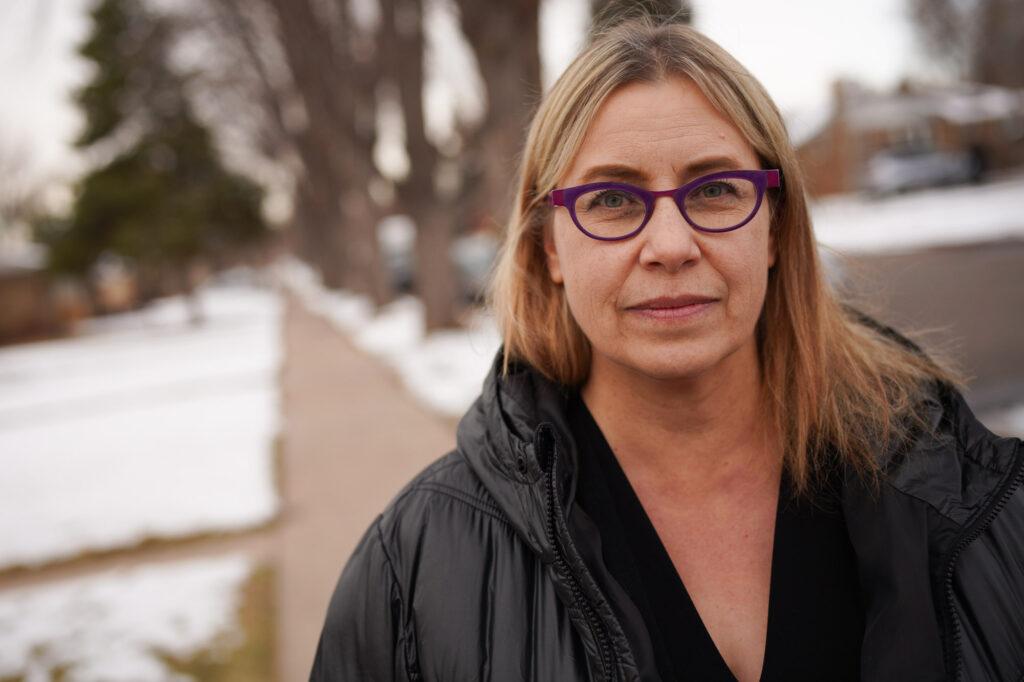
The FBI also reports that Colorado is one of only eight states nationwide whose total crime rose in the one-year period between 2019 and 2020.
That fact has cracked open a new political debate.
As victims of crime search for answers, some leaders in law enforcement are blaming reform laws passed by the legislature in recent years. Republicans have made it one of their top messages in this election year. Experts also point to a broad set of social factors that may be responsible for much of the change.
But within the Capitol, even political allies within the parties don’t agree on how to address rising crime — or even what’s causing it.
“There are these two competing extreme arguments,” said Tom Raynes, head of the Colorado District Attorney’s Council.
“There’s always the one side that says, ‘We need to arrest everyone and get them off the street, incapacitate and incarcerate.’ And then there is a competing side that says, ‘Nobody belongs in jail unless they are actively hurting people on the street and otherwise it should be a harm reduction model.’ Neither of those is the right approach. These two worlds have to meet in the middle.”
People who have worked for years trying to ease mass incarceration at the state level worry that the rise in crime and the politics of an election year will contribute to a pendulum swing that could undo reforms that they believe have made the system more equitable for all.
“We need to acknowledge that crime is real and that it certainly affects all communities and is really important,” said Denise Maes, the former policy director for the American Civil Liberties Union in Colorado, who now works for the nonprofit Servicios de la Raza.
“What we should all be doing is sitting down to figure out what are the real answers to that. And it's not tough-on-crime policies. It's not jails. It's not incarceration.”
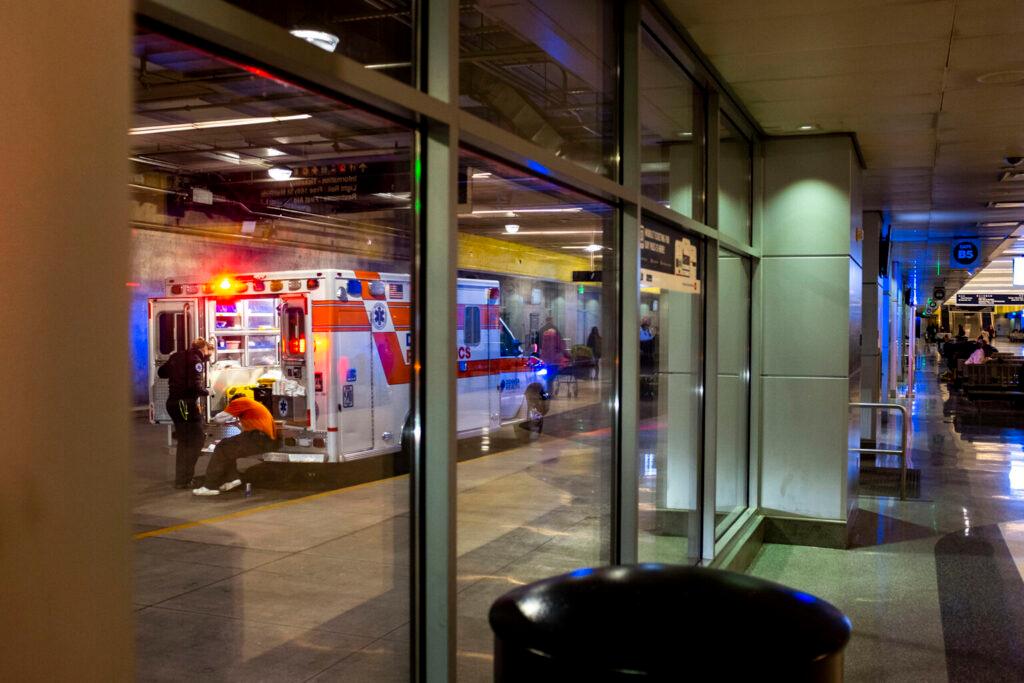
A decade of reform
Over the last decade, Democrats — with significant help and votes from Republicans — have passed major changes to the state’s prisons, courts and, most recently, its police departments.
Those reforms have included the repeal of the death penalty, guardrails around when judges can require cash bail, efforts to help people return to society after imprisonment, new ways to treat mental illness and a reduction in penalties for crimes ranging from auto theft to drug possession.
When crime started rising sharply during the pandemic, some of the state’s top law enforcement leaders blamed a few of those changes.
“We talk a lot about criminal justice reform but we’ve lost sight of the safety implications for our community and the reform of the individual involved in criminal behavior,” said Denver Police Chief Paul Pazen. “How do we … have a consequence so the criminal behavior doesn’t continue?”
On the political side, law-and-order conservatives argue the criminal justice reform movement has left police feeling deflated and ineffective and criminals emboldened.
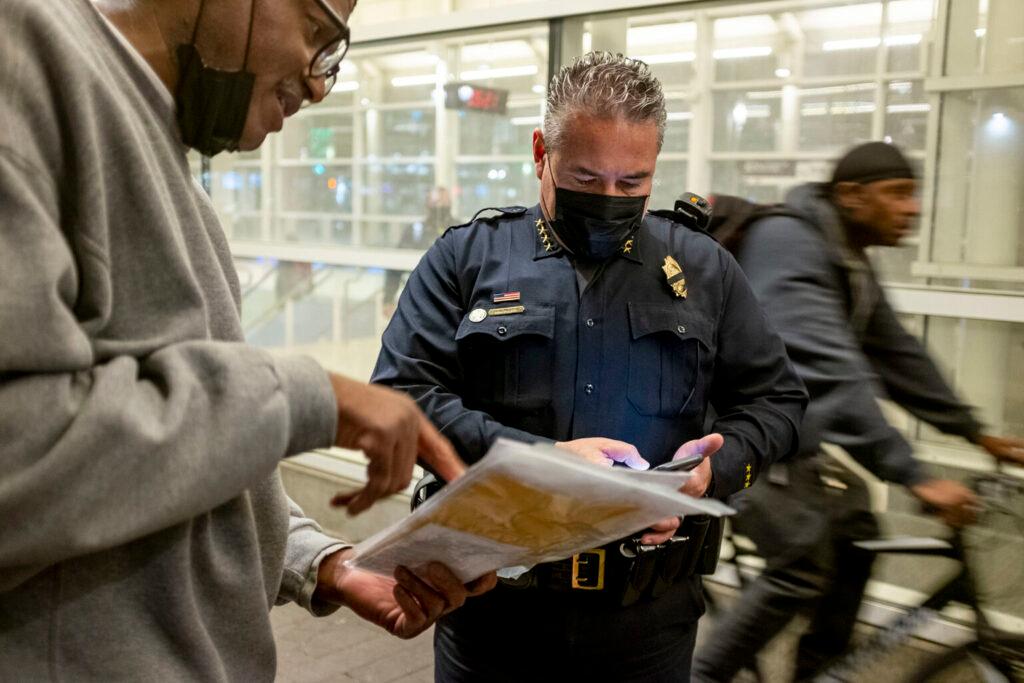
Democrats have defended the reforms and point out that Republicans were closely involved in creating many of the laws they’re now attacking.
“It’s one of the biggest frustrations I’ve had this session — the misframed attention that has gone into criminal justice reforms that have made their way through the legislature in the last few years that have been hugely bipartisan,” said Democratic House Speaker Alec Garnett.
Republicans counter that, while many of the new laws had bipartisan sponsorship, most of their lawmakers still voted against them, especially in the House.
In interviews, more than a dozen policy experts, law enforcement officials and politicians said these policies were at the center of the debate about recent reforms and crime:
- A broadly bipartisan 2020 law that reformed policing. Some Republicans argue it contributed to mass departures in police and sheriff’s agencies that have been hard to fill.
- “Personal recognizance” bonds that allow people to leave jail without paying cash while they await trial. While a 2019 law requires PR bonds for municipal, petty and extremely low-level and non-violent crimes judges still have the discretion on when to employ them for higher-level misdemeanors and other crimes
- A 2019 law that made drug possession a misdemeanor for amounts up to 4 grams, down from a felony. Some law enforcement leaders and Republicans say the change has contributed to the state’s overdose crisis, in part by reducing the threat of jail to cajole people into drug treatment programs. Many criminal justice reform advocates and public defenders say that carrot-and-stick approach hasn’t worked. The bill had bipartisan sponsorship but passed largely on party lines.
- Sentencing reform laws that have reduced the penalty range for some crimes, including for some auto thefts — this includes a 2014 law and last year’s misdemeanor reform law. That latter bill just took effect at the beginning of March, so it has unlikely contributed to any crime rate increases seen so far.
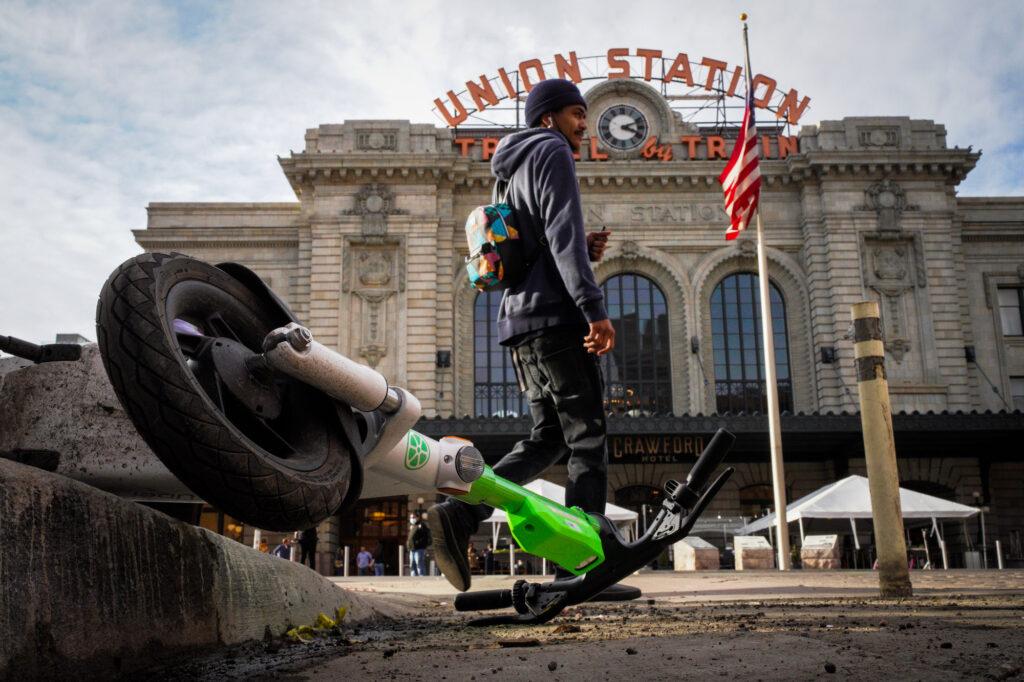
Fentanyl changes conversation on drug charges
The apparent overdose deaths of five people at a Commerce City apartment last month has put fentanyl — and the penalties for possessing it — at the center of the political debate.
A 2019 law made it a misdemeanor, rather than a felony, to possess less than 4 grams of almost any drug, including fentanyl. Four grams of pure fentanyl could equal thousands of doses, and even its diluted form could include dozens of doses in a few grams — leading to claims that dealers could still get away with a misdemeanor while carrying large amounts.
Denver Police Chief Paul Pazen ties the city’s overdose deaths directly to the month that law took effect — March 1, 2020.
“Starting in April, we see increases in overdose deaths, and I think it’s connected,” he said.
However, justice reformers argue that conclusion ignores what else happened in March of that year: The world locked down because of COVID-19. Nationally, the pandemic has been blamed for accelerating the rate of fatal overdoses.
State Rep. Shane Sandridge, a Republican who sponsored the de-felonization bill, said that other members of his party were telling “lies” when they said that a drug dealer could get away with a misdemeanor while possessing multiple grams of pure fentanyl. He pointed out that prosecutors can still pursue felony distribution charges against dealers.
“This is politics. It's a political year, it's a voting year … They want to go after (Rep.) Leslie Herod. They want to go after Sen. (Pete) Lee and say that they kill people due to this bill,” he said, referring to Democrats who co-sponsored the bill with him.
“I don't care what party you're in. Just tell the truth,” he said.
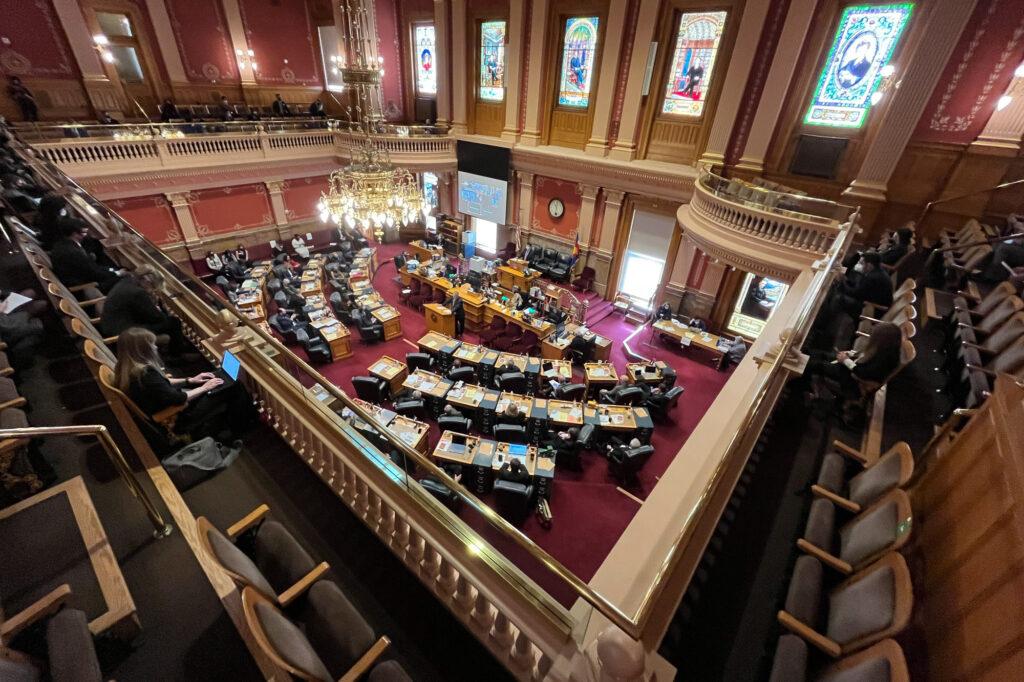
Still, with deaths rising, Democrats and Republicans are considering changes to drug law.
Some Republicans have said they want to simply reverse the 2019 law and return to harsher felony penalties for simply possessing the drug. Reformers don’t want to go that route; they argue it just criminalizes something that should be seen as a public health problem.
House Speaker Garnett is leading the Democratic effort to address the rise in fentanyl-related deaths. That could include public health measures, such as providing opioid antagonists and making it easier to offer fentanyl testing sites.
The bill also could include harsher sentences for suspected drug dealers, Garnett said — and, according to state Rep. Leslie Herod, penalties for drug sales that lead to a death. District attorneys are arguing for both changes.
Democrats also say they’re open to finding new ways to push people toward treatment for addiction.
“If it’s the case that they cannot divert someone into drug courts, for example, then I think that's a policy area that we need to work on,” said state Rep. Kerry Tipper, a Democrat.
And even many Republicans acknowledge the state is not headed back to the drug crackdowns of the 1980s — even if they’d like to see that happen.
“I want to go back to a pure law enforcement (approach),” said Republican state Sen. John Cooke. “But I know that's not the real world anymore.”
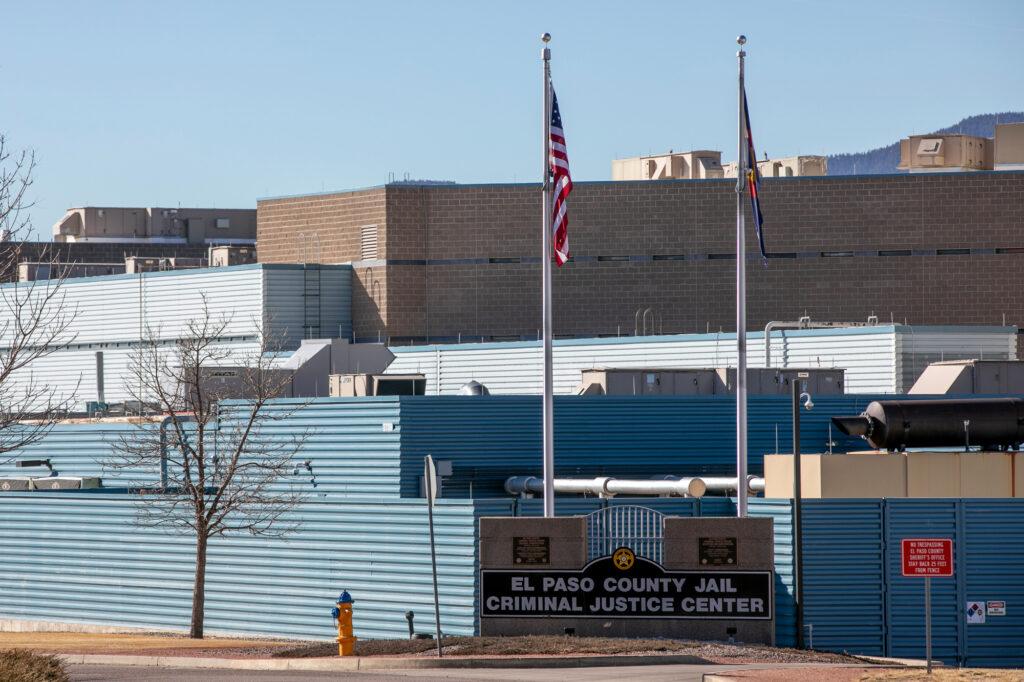
A turn away from cash bail
Republican politicians say the legislature is to blame for more people leaving jail without having to pay cash bail, with the argument that some go on to commit other crimes and ignore their court dates.
In fact, only one bill, HB19-1225, requires judges in most cases to issue PR bonds for some of the lowest level offenses, like shoplifting or nuisance violations. A more ambitious effort to do away with bail for a wide range of misdemeanors failed at the legislature last year.
Cooke still believes Democrats hold some of the blame, saying they’re “spending a lot of money on district attorney races to get like liberal DAs who then don't pursue cash bonds.”
Still, limiting the use of cash bail remains a top priority for many reformers, who argue that requiring payments to get out of jail is discriminatory, unconstitutional and ineffective.
“Judges should have the discretion to determine how to sentence someone and when to begin either keeping them in confinement or allowing them to be in community — based on public safety concerns, not based on how much money they have,” said Rep. Herod, a Denver Democrat.
Conservatives are pushing a different approach. A Republican bill by state Sen. Rob Woodward would have instituted mandatory cash bail of $1,000 for a range of defendants, including anyone with a recent conviction and anyone who missed a court date in recent years. Democrats rejected that bill in a committee hearing.
Democratic efforts to further reform cash bail practices failed because of divisions within the party last year. Reformers are unlikely to pursue significant bail reforms this year, but they have other ideas about getting people to show up in court. A bipartisan bill would expand the use of text messages to remind people about court dates.
“Sure, there are some individuals that don't want to come back to court. I'm not naive. I get that,” Tipper said. “But for most people, it's … either they forget, or they've got a transportation issue.”
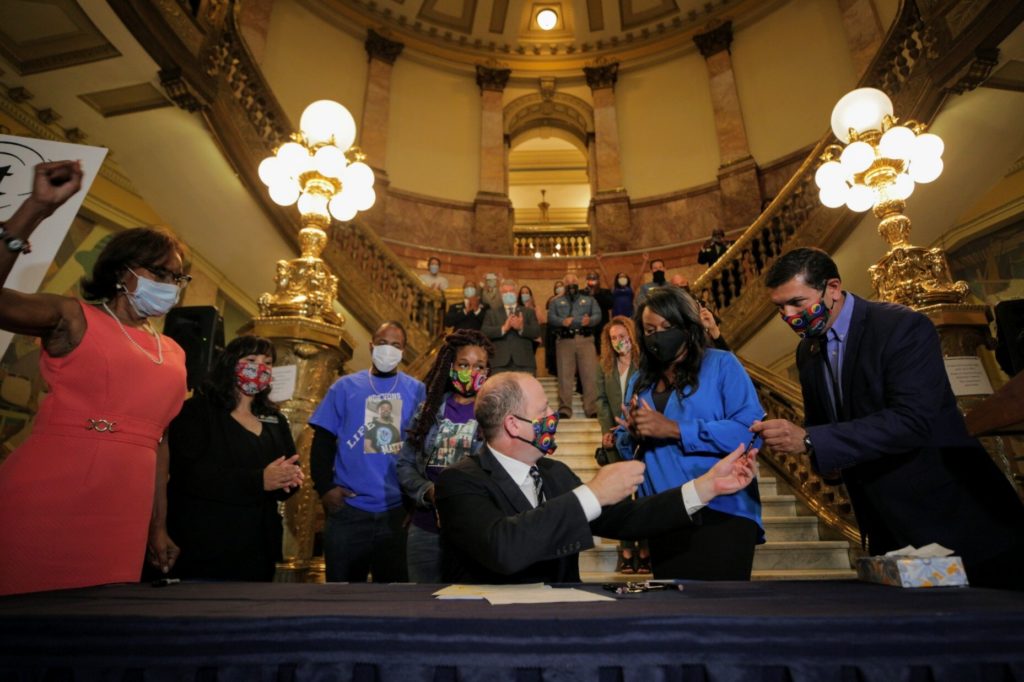
Lawmakers question impact of police reform
In 2020, in the height of the protests over the murder of George Floyd, state lawmakers voted nearly unanimously for a sweeping police reform law. Now, some Republicans want to evaluate that law as departments struggle to recruit and retain officers.
“Whenever you beat up the police and make their profession look unattractive, you're not gonna have very many people apply,” said Sandridge, a former police officer. “Now, we're drastically low in the state with police officers. Therefore, response times to 911 calls are greatly increasing. That's making more victims.”
He pointed to the Colorado Springs Police Department, which has blamed lengthy response times on staffing shortages.
But other Republican leaders in the statehouse stand behind the bill and their role in negotiations, which resulted in support from some of the major law-enforcement advocacy organizations.
“I don't regret voting for it,” said Cooke, a retired sheriff and the assistant Republican minority leader. “I think it was appropriate, and it showed the community that law enforcement actually wants to be a part of them. It's like, ‘Hey, we recognize some things need to change.’”
Among other changes, the law makes it possible to personally sue police officers who act in bad faith; restricts how officers use force; and requires an officer to intervene when they see a colleague doing wrong.
No legislator has proposed revisions to the law, but lawmakers have moved this year to put more resources into law enforcement. A bipartisan proposal by Cooke and state Sen. Janet Buckner dedicates $40 million to help police with staffing and new programs. It’s part of a broader public-safety spending plan led by Gov. Jared Polis.
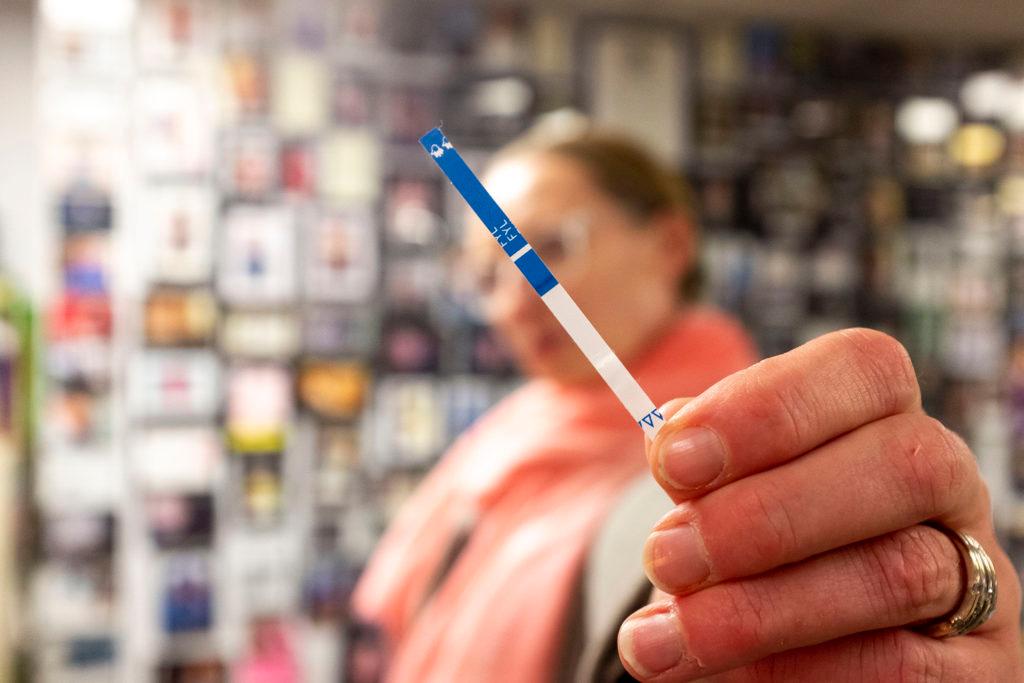
Fears of backlash
After years of legislative wins, the lawmakers and advocates who have driven justice reforms have found themselves on the defensive, trying to protect the gains they've made — even as they want to do more.
State Rep. Jennifer Bacon, a Democrat, warned that backlash could give way to a new war on drugs that puts countless people in prison and worsens racial and economic divides. She asked lawmakers to listen to all voices before taking action.
“What we're really hoping to do is bring diversity to the conversation, to be sure we can protect our community, hold people accountable, but not create devastating unintended consequences,” said Bacon, who is Black.
Lisa Raville, executive director of the Harm Reduction Action Center in Denver, fears that strategies such as providing safe places and paraphernalia for drug use — already a controversial proposal at the Capitol — will fall further out of favor.
“When they go to the same old strategies that aren’t even evidence-based, that’s a problem with us,” Raville said.
And Denise Maes said she’s already seeing Democratic leaders shying away from big reforms.
“That's what I've heard a lot from leadership, in particular, about trying to stay away from certain legislative proposals, because they will attract more attention to the issue of crime,” she said.
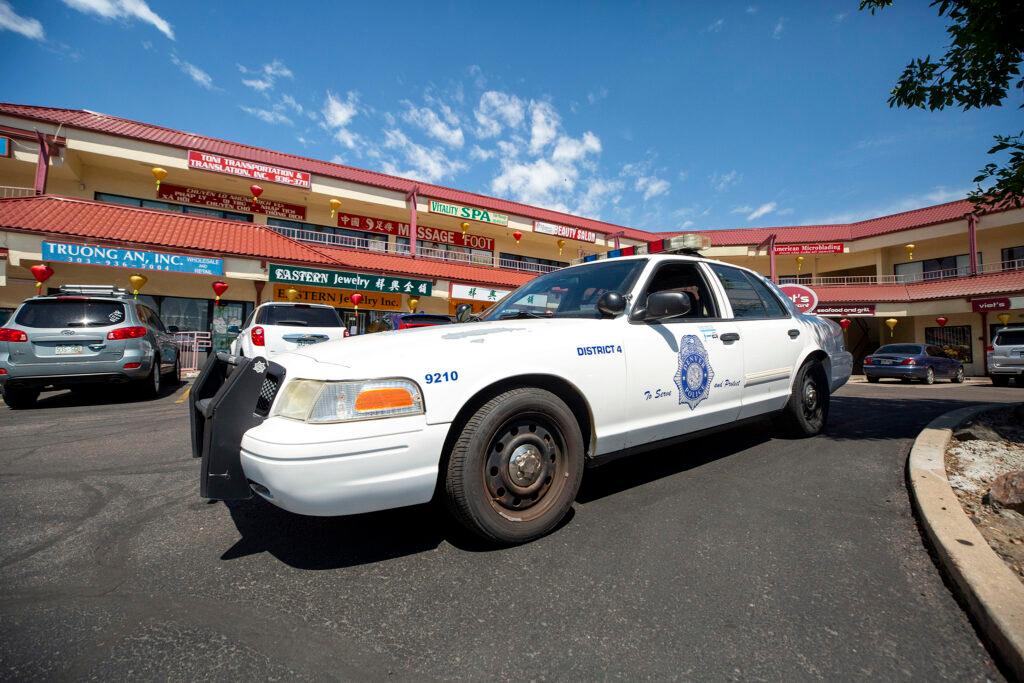
An era of big changes to cops and courts is over
When asked directly, lawmakers insist that additional reforms are still possible — but some acknowledge that the political atmosphere has put a temporary end to the biggest changes for cops and courts.
“I think people are concerned about crime and safety in our communities, and I think right now it would be an inopportune time to push forward a massive criminal justice agenda,” Herod said.
“When we know we have to play defense on the good policies that we passed recently, that doesn't mean we should stop the work at all. It’s just, we might shift from (creating) new policies to how those (current) policies are implemented,” she said.
Cooke, the Republican assistant minority leader, sees a change, too.
“Even Democrats can read polls, and they know what’s not popular. And so now we're working together on crime issues,” he said. “We still have disagreements on some things, but they're softening the stance on the law enforcement issue.”
Similarly, Republican state Rep. Matt Soper, who has worked on several justice reform bills, argued that the state could simultaneously pursue tough criminal penalties while respecting the rights of the innocent and those who have served their sentences.
“Now we're more focused on: once you're convicted, what does the penalty look like?” he said.
State Sen. Pete Lee, who chairs the Senate Judiciary Committee, acknowledged that public support for criminal justice reforms can rise and fall. But he sees at least one opportunity for change. Rising crime rates, he said, ultimately point toward the rest of the state’s problems, from housing shortages to a beleaguered mental health system.
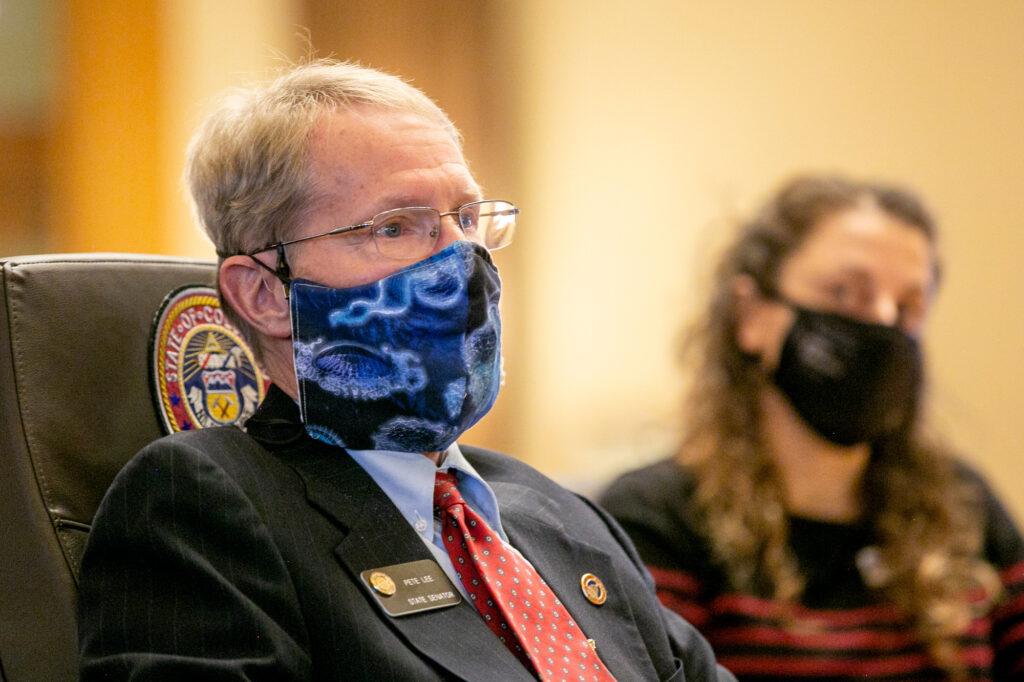
“I'm looking at how do we address the underlying causes of crime? And I don't think that window is closing,” he said. “I think that window is opening far wider because people understand that drug addiction and mental illness should not result in prison and incarceration — it should result in treatment. And that's what we're attempting to deal with.”
For people whose lives get caught up in the justice system, these laws and the debate about them carry deep implications.
Taj Ashaheed works at the Second Chance Center, which helps people coming out of prison transition to life on the outside. He has been working to reform the criminal justice system for years and said lawmakers need to remember that those affected are disproportionately people of color.
“The people that get caught in the dragnets don't look anything like the people who are creating the dragnet itself,” he said.
That said, Ashaheed, who serves on a state commission tasked with developing bipartisan reforms, said he remains optimistic — and extremely engaged.
“I make sure I’m in the room now. When I get these phone calls and people ask me to show up, hell yeah, I’m there because you know what? My voice is important,” he said. “I think there is a begrudging acceptance that we can’t keep doing things the way we’ve been doing them.”
Editor's note: This story has been updated to clarify that some laws with bipartisan sponsors were still opposed by the majority of Republican lawmakers.









